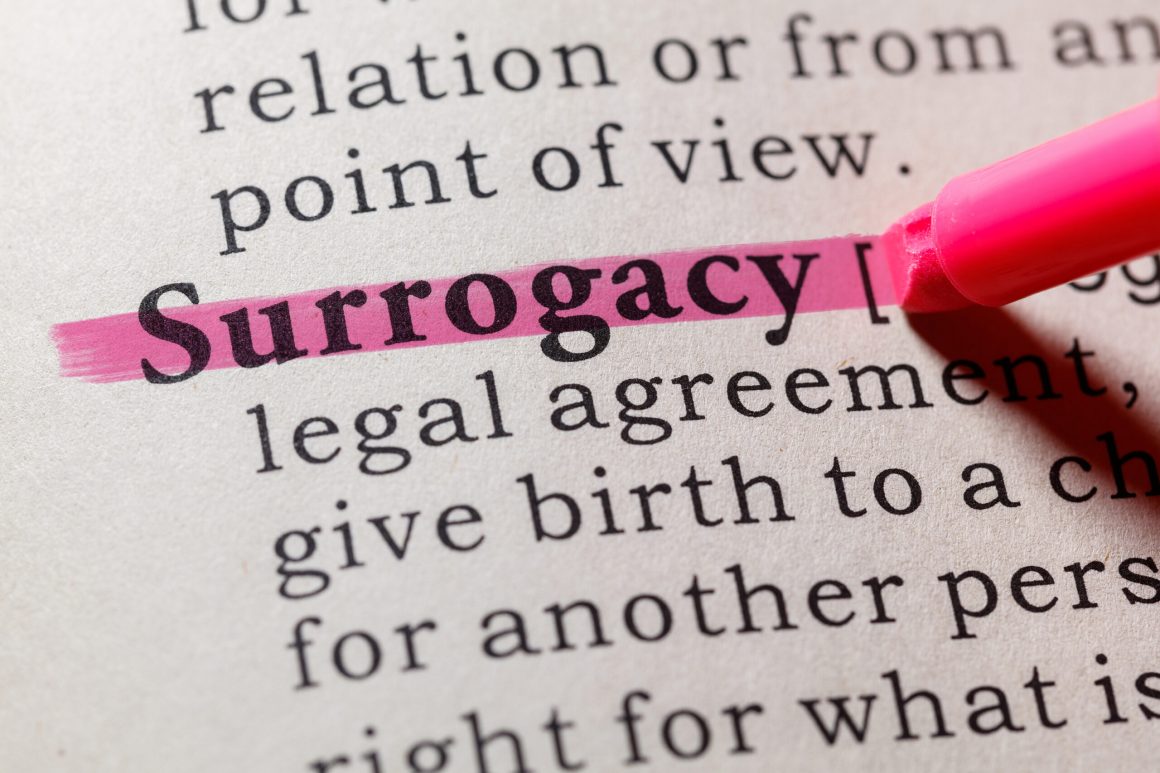Despite its growing relevance, surrogacy remains shrouded in misconceptions and cultural taboos, leaving many would-be parents in a state of limbo.
In Nigeria, the journey to parenthood often follows a traditional route, deeply rooted in cultural expectations and societal norms.
It begins with marriage and then childbirth. Within this cultural context, reproduction is often seen as the most important aspect of family life, and the inability of a woman to conceive within a short period after marriage can lead to anxiety and social stigma. In some cases, this pressure drives desperate decisions, including the illegal practice of buying babies.
However, over the past few decades, there has been a shift in perspectives, offering women alternative paths to motherhood. Options such as IVF, adoption, and, more recently, surrogacy have emerged, providing hope for couples struggling with infertility. Surrogacy, in particular, has gained international attention, with ongoing efforts to establish best practices and regulations. While these alternatives offer potential solutions, the social stigma surrounding them often prevents many from accessing them.

Surrogacy itself has ancient roots, with biblical references dating back to the relationship between Jacob, Rachel, Leah, Bilhah, and Zilpah. However, it wasn’t until the late 1970s that assisted reproduction through surrogacy gained legal recognition and sparked debates on its ethical and moral implications.
Defined as a situation where a woman carries a pregnancy for commissioning parents and relinquishes parental rights after birth, surrogacy can take various forms—genetic or gestational, commercial or non-commercial, domestic or international. The debate surrounding its acceptability often centres on concerns of exploitation and commercialisation.
Globally, it has offered a ray of hope to countless individuals struggling with infertility and those with medical conditions that make pregnancy risky, but in Nigeria, the conversation around the topic is often muted, clouded by myths, and lacks adequate legal framework, leaving potential parents and surrogates in a precarious position.
Yet, beneath the surface of societal judgment, surrogacy is silently thriving in Nigeria, as evidenced by the online presence of young women offering themselves as surrogate mothers and agencies matching them with commissioning parents.
Many couples, driven by the profound desire to experience parenthood, are quietly exploring this option. The story of Ngozi, a Lagos-based banker, is a case in point. After years of unsuccessful fertility treatments, Ngozi and her husband turned to surrogacy. “It was our last resort,” she shares. “We faced criticism and a lack of understanding from our families, but the desire to hold our baby was stronger than any taboo.” Ngozi’s story mirrors that of many Nigerians who have had to navigate the murky waters of surrogacy in silence. Dr Amina, a fertility specialist in Abuja, also notes, “The demand for surrogacy is growing in Nigeria. What we need is open conversation and effective regulation to protect all parties involved.”
The reluctance to discuss surrogacy openly in Nigeria stems from several factors, including religious beliefs, misconceptions about the process, and fears about the ethical implications. In many communities, the inability to conceive is wrongly perceived as a failure, and opting for surrogacy is seen as a deviation from the norm. Breaking these barriers requires education and sensitisation. “We need to understand that surrogacy is not about ‘outsourcing’ motherhood,” explains Dr. Amina. “It’s about providing an opportunity for those who otherwise might not be able to experience the joys of parenthood.”
The legal aspect is another crucial element. Currently, Nigeria lacks comprehensive legislation regulating surrogacy, leading to potential legal and ethical complexities. A clear legal framework would not only protect the rights of the surrogate and the intended parents but also provide a structure for the practice.
Globally, there are inspiring examples of how surrogacy has transformed lives. In the U.S., celebrities like Kim Kardashian and Sarah Jessica Parker have openly shared their surrogacy journeys, challenging stereotypes and sparking conversations.
Properly regulated surrogacy has the potential to provide a legal and ethical framework for addressing infertility while curbing illegal practices like baby trafficking and unauthorised adoptions.
As one surrogate mother shared, “Being a surrogate mother has been a deeply fulfilling experience. Knowing that I’ve helped a couple achieve their dream of parenthood is incredibly rewarding.” This sentiment echoes the reasons why surrogacy should be embraced as a viable option for starting a family. It offers hope and fulfilment to couples struggling with infertility, allowing them to experience the joys of parenthood while also providing a solution to the societal challenges surrounding fertility and reproduction.
As society evolves, so too should the perceptions of family and motherhood. Surrogacy isn’t just about having a child; it’s about hope, love and a legitimate, albeit non-traditional, path to parenthood.













